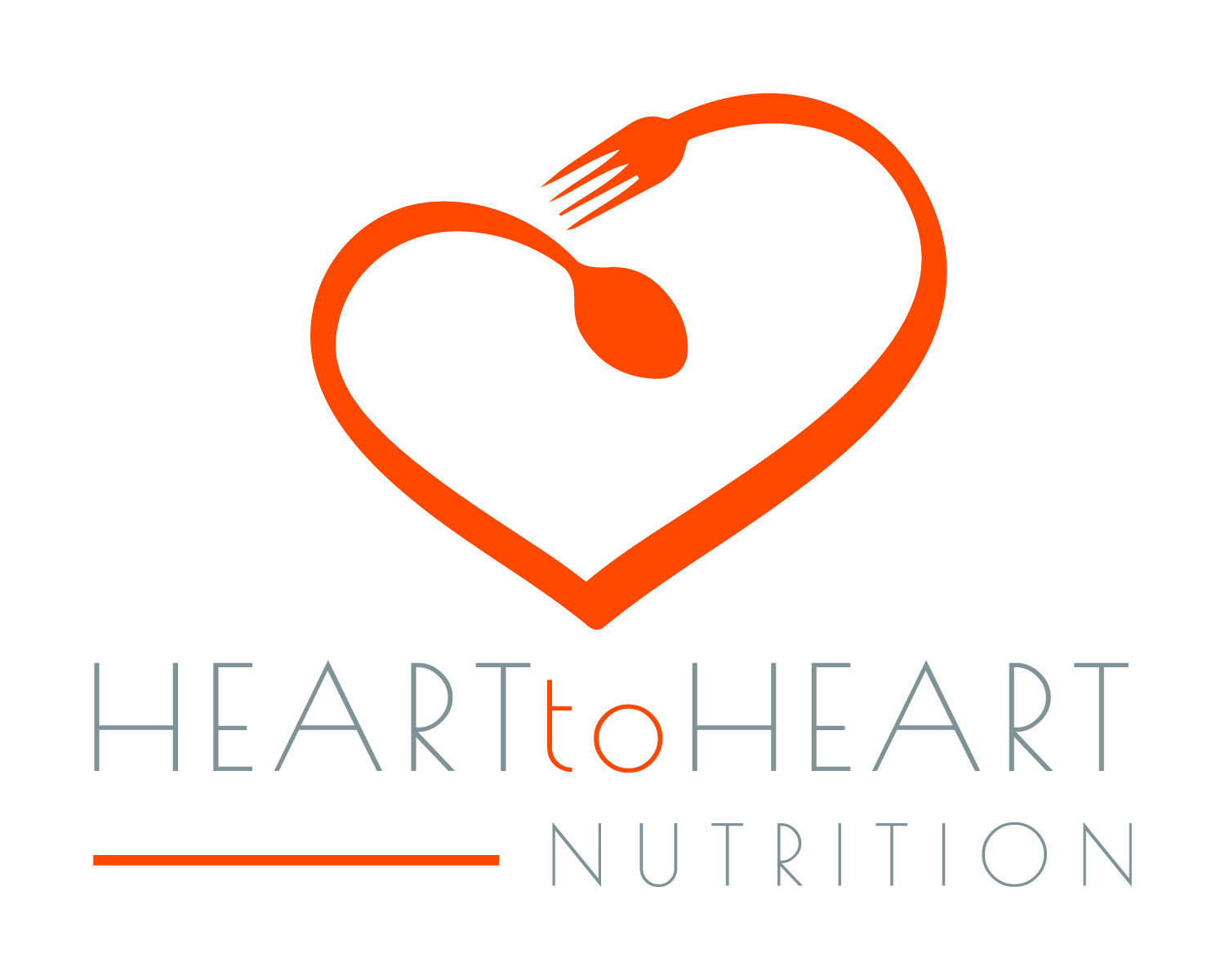Can you drink your stress away?
Well that depends on what you are drinking.
Drinking alcohol can feel like it is helping you sleep. In some cases, it can get you to sleep faster. The problem is it causes sleep disruptions in the latter half of sleep during REM state – that’s the dream stage. And that is where the trouble begins because it can be extremely difficult to get back to sleep or you will be constantly waking up.
And we certainly know that coffee with it’s high level of caffeine affects sleep, especially getting to sleep because it blocks adenosine, our sleepiness promoting molecule.
Then there are all the sleep promoting herbal teas on the market that can help the body relax. Such as lavender, chamomile, hops, passionflower, valerian and lemon balm for example.
But I want to give you more details on another tea that also promotes relaxation. And that is green tea, in particular, matcha.
Matcha is made from young green tea leaves grown from a particular plant in shade away from the sun. It is then ground into a fine powder.
The traditional way to make it is with hot water and then mixed using a bamboo whisk. For myself, I just put a teaspoon into a mug, add hot water and stir it thoroughly with a spoon. Possibly scandalous for the purest but it works for me.
This means you are drinking the tea leaves, and not tea that has been steeped with the leaves, therefore consuming all the nutritional benefits of the plant.
So what is so special about matcha? As with all green teas, it is high in antioxidants meaning it helps mitigate harmful free radicals that are known to damage cells. Matcha has more antioxidants than regular green tea.
Studies are showing that matcha can help with brain function, improve memory, attention and reaction time.
Now matcha is high in caffeine, although not as much as coffee. However caffeine can give a boost and still be energizing and the good news it comes without the coffee jitters. But that also means being mindful of the time you are consuming matcha. For me that means I will only have it in the morning.
Matcha also contains L-theanine, an amino acid, that is know to be stress reducing. It is said to help raise GABA and serotonin levels, two neurotransmitters helpful for sleep.
Drinking on an empty stomach might cause a feeling of nausea in some people. For the last couple of years I drink a matcha that is combined with Lion’s Mane (a mushroom that helps with brain function) and moringa (a plant with tons of health benefits). It is a milder taste and I can drink it on an empty stomach. Prior to this I used to mix half green tea and half matcha.
Because, after all, I want my caffeine drink first thing in the morning.
I gave up regularly drinking coffee and switched to green tea and now to a matcha blend. Because so much time has passed and so much has changed in my life, hard for me to say exactly what matcha has done for me mentally.
What I can say is that my brain does function better – a whole lot more alert, have clarity (goodbye brain fog), better mood and emotionally stable. So I think it is likely due to all the changes I have made – in my diet, more nutritional support, lifestyle changes, balanced hormones and regular exercise.
So a daily cup of matcha can help with relaxation, it just cannot do all the work. So if stress is your issue, drinking a cup of matcha will be just one tool to help calm down your mind and body. Remember it is a start.
